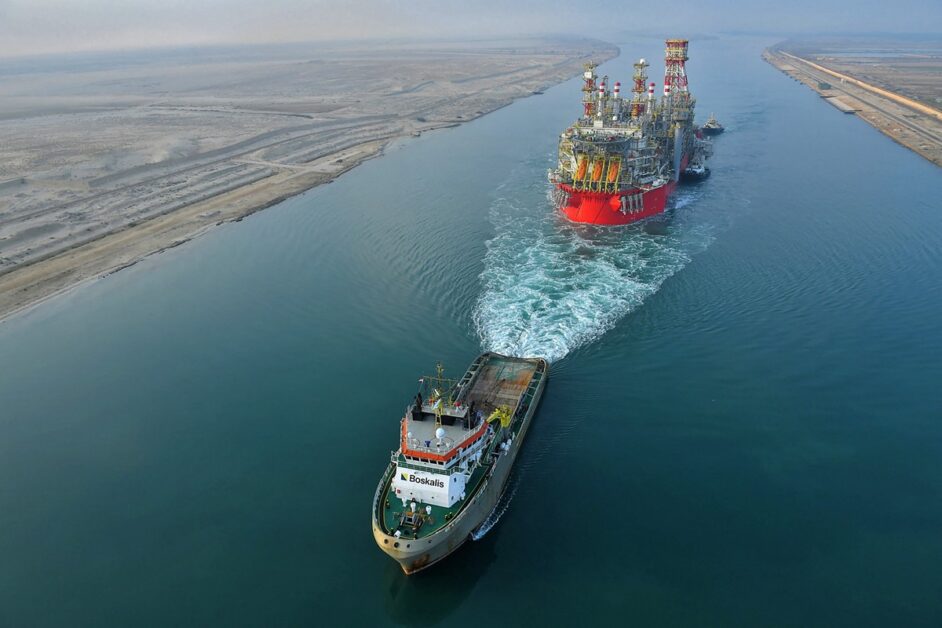A recent tracking study has revealed a significant shipping activity between Egyptian and Israeli ports, highlighting the growing economic cooperation between the two nations.
The tracking study was conducted by Arab Post and highlights the robust and steady maritime trade between Egypt and Israel.
Over a period of three months (June, July, and up to August 22, 2024), 19 vessels were observed regularly transporting goods between Egyptian and Israeli ports, with few interruptions by trips to third-party countries like Cyprus. The study sheds light on an important, yet often overlooked, maritime trade route that plays a crucial role in the economies of both Egypt and Israel.
The study focused on seven ports: two in Israel and five in Egypt, all located along the Mediterranean Sea. The Israeli ports include Ashdod, Haifa, and the Egyptian ports include Port Said, Abou Qir, Alexandria, Dekheila, and Damietta.
These ports serve as major hubs for the flow of goods between the two countries, facilitating trade in a variety of sectors.
The 19 vessels identified during the study comprised different types of ships, designed to transport various goods reflecting Egypt’s expanding role as a hub for transshipment between the Mediterranean and the Middle East.
Cement carriers (6 vessels): Cement is a crucial component in infrastructure and construction projects in both Egypt and Israel, underscoring the shared economic interests in this industry.
The primary focus of these vessels was to transport goods between Egyptian and Israeli ports. The vessels primarily adhered to routes connecting the two countries, with only a few short trips made to other locations, such as Cyprus. This consistent movement of cargo underscores the regularity and volume of trade between Egypt and Israel, emphasizing the importance of this maritime corridor.
Egypt’s role in this trade dynamic is further accentuated by its strategic location and geopolitical relationships. As the largest recipient of U.S. aid in the Middle East after Israel, Egypt receives approximately $1.3 billion per year in military and economic assistance from the United States. This financial support has not only helped stabilize Egypt’s economy but also fostered the conditions for greater economic partnerships with Israel, despite historical tensions.
The ongoing trade between Egypt and Israel is significant in light of the broader political landscape in the region. The maritime trade cooperation between the two countries reflects their pragmatic economic relationship, even as political disagreements continue to exist in other areas.
Interestingly, the study points out that Yemeni forces, which have frequently targeted ships in the region, particularly those affiliated with countries involved in the Yemen conflict, have not targeted vessels associated with Egypt. The lack of interference from Yemen in these shipping routes allows for smoother and more predictable trade operations, further solidifying the reliability of these maritime links.
The regular transport of goods across the Mediterranean, facilitated by container ships, cement carriers, and bulk cargo vessels, showcases the significance of this trade route. While geopolitical tensions persist in other areas of the Middle East, the uninterrupted movement of goods between Egyptian and Israeli ports reflects a stable, economically beneficial relationship.
As Egypt continues to receive substantial financial assistance from the U.S., this trade route is likely to grow in importance, benefiting both nations.







